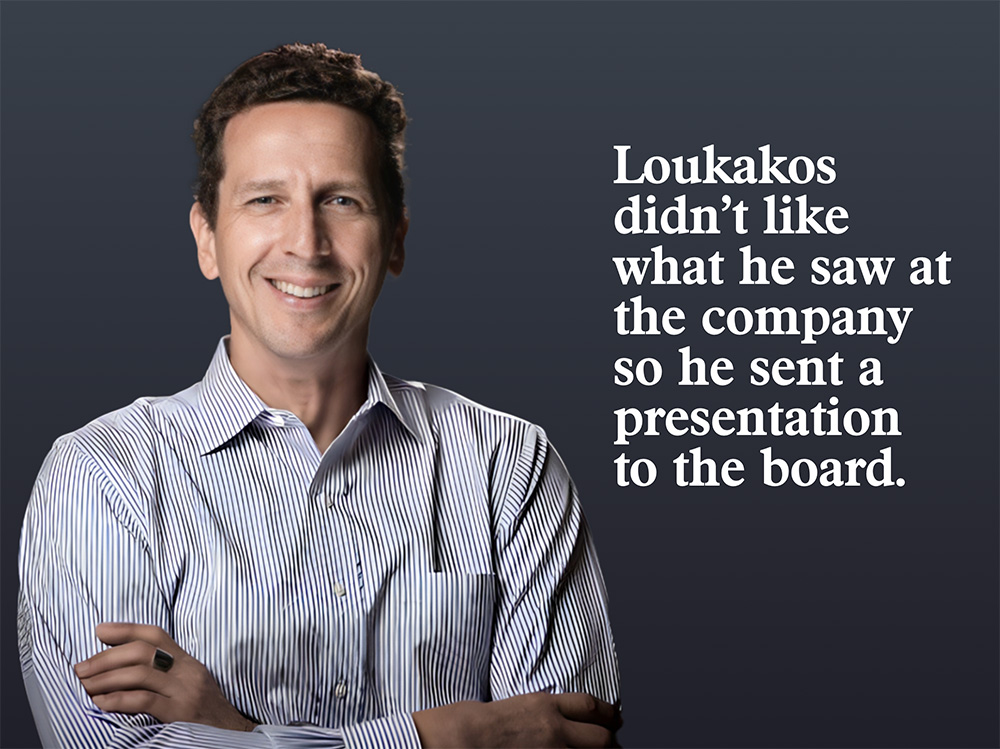The early 2020s will be remembered as a wild time in Fintech growth. Investors threw money at shaky startups like drunken sailors throwing back grog.
Seemingly, every startup was a unicorn. Valuations soared. Investors threw in even more money, and valuations increased again.
The party was amazing. We wondered if it would ever end.
The Party Does End Revealing… Founder Fraud!
In March of 2022, the Fed raised interest rates. And then they did it ten more times in the following year.
The drunken sailors sobered up, and something strange happened. Without investor money propping up those shaky startups, fraud began to reveal itself in the strangest of places – the founder’s offices.

And unlike the last time the Fed jacked up rates, there wasn’t a mortgage crisis that tanked the economy, but another crisis, the founder fraud crisis.
“A Whole Lotta Founder Fraud Goin On”
Cue up the Jerry Lee Lewis music and replace “shakin'” with “founder fraud,” and that could be the theme of the early 2020s.
And there certainly was a lot of founder fraud going on.
These are just some of the founder frauds that have come to light out of those drunken sailor days.
- Trevor Milton of Nikola- accused of faking his company’s performance
- Charlie Javice of Frank– accused of creating millions of fake accounts
- Yaniv Bertele of Vestoo– accused of faking letters of credit
- Sam Bankman of FTX -accused of orchestrating the biggest fake in history
- Michael Bracket of Centricity-accused of faking his customer list
- Carlos Watson of Ozy Media -accused of faking his audience numbers
- Christopher Kirchner of Slync – accused of diverting investor funds
- Ben Cantey of Rumby– accused of using investor money to buy a luxe home
- Dozy Mmobuosi of Tingo– accused of fabricating the entire conglomerate
The stories behind the frauds are fascinating; the founders were fueled by a “fake it til you make it mentality” until they couldn’t fake it anymore.
The era will be defined by founders who had too much control over the companies they started and investors who were willing to ignore the red flags.
A Founder Fraud That Will Make Your HeadSpin
Manish Lachwani started a company called HeadSpin Inc. The company aimed to improve the digital experience by giving companies a way to test their apps across multiple devices (desktop, mobile devices, iPads) before they launched them.
And Lachwani did well. HeadSpin raised more than $100 million from investors over multiple rounds of fundraising, leading to a valuation of approximately $1.1 billion in 2020. ?

But Lachwani raised that $100 million by painting a far rosier picture on spreadsheets than actual reality at Headspin – inflating the company’s recurring revenues to fool investors.
He pleaded guilty to falsifying financial information at Headspin earlier this year, admitting in court that he disseminated false and overstated revenue metrics to potential investors to lure investments into his company.
New Details On That Founder Fraud Have Been Revealed
As new court documents have been filed this month, new details on the fraud emerged. And they paint a picture of a culture where Lachwani could perpetrate the big fraud with little oversight.
It is eerily similar to the case of Sam Bankman Fried, where investors looked beyond the lack of controls, eager to be included in the funding rounds.
Lachwani reportedly didn’t even have a CFO. He used an outside accountant, and he alone was in charge of all invoicing to customers and payments the company made, and he controlled all of the financial reporting. Financial statements for the company were often delivered months late to investors.

An Early WhistleBlower Presentation Reveals All The Details
By 2020, Stefanos Loukakos, a tech executive, had joined the company as a senior vice president, and he didn’t like what he saw at the company.
He wrote up a 16-slide presentation and shared internal text messages he sent to the Board of Directors that revealed the misrepresentations he saw.

Those slides he sent to the board paint a very different picture than what Lachwani presented to investors. Here is what those slides revealed.
#1 – Lachwani built a real company and worked hard
Like most founder fraud, the company was built on a good idea and delivered real value. The whistleblower pointed that out in his executive summary.

#2 – Lachwani Overstated Their Performance Counting Pipeline As Revenue
Headspins valuation was based on ARR (Annual Recurring Revenue). Lachwani reportedly doubled the company’s ARR by including unsigned contracts from their pipeline as revenue.
He included big logos like Booking.com, Apple, Youtube, and others as customers when they were not, and he inflated the size of their device cloud by ten times the actual number.

Loukakos provided a slide that was shown to investors, which shows the shocking level of ARR inflation that was presented.

#3 – The Company Had Poor Governance, Data Centers In Apartments
Loukakos alerted the board as to the lack of controls at the company and advised that the company was investing in high-risk stocks with their cash.
Shockingly, Global data centers resided in people’s privately owned apartments and not in Global Data Centers that the company touted.

#4 – He Manipulated Spreadsheets
Loukakos illustrated how Lachwani manipulated spreadsheets to show that the company was better off than it was – inflating revenues from key clients, some of whom were not customers at all.

#5 – Lackwani Was Abusive To Employees
The control must have gone to Lachwani’s head because he was abusive to employees, hiring and firing people at will and sending abusive emails and texts to employees, investors, and partners.

Unlike Other Fraud Startups, HeadSpin Continues To Operate Today
Unlike many of the other founder fraud startups, HeadSpin is a viable business and still operates today.
An outside accountant has placed a valuation on the company at $302 million, not the $1.1 billion valuation of 2020. That is a 70% decrease from what investors expected.
With better controls in place, the company could be headed in a better direction. As for Lachwani, his lawyers are asking for a lighter sentence because, in the end, no investors lost money.
Take a Look At The Whole Whistleblower Presentation
If you want to read the whole presentation from Loukakos, you can see it in the court document here.



